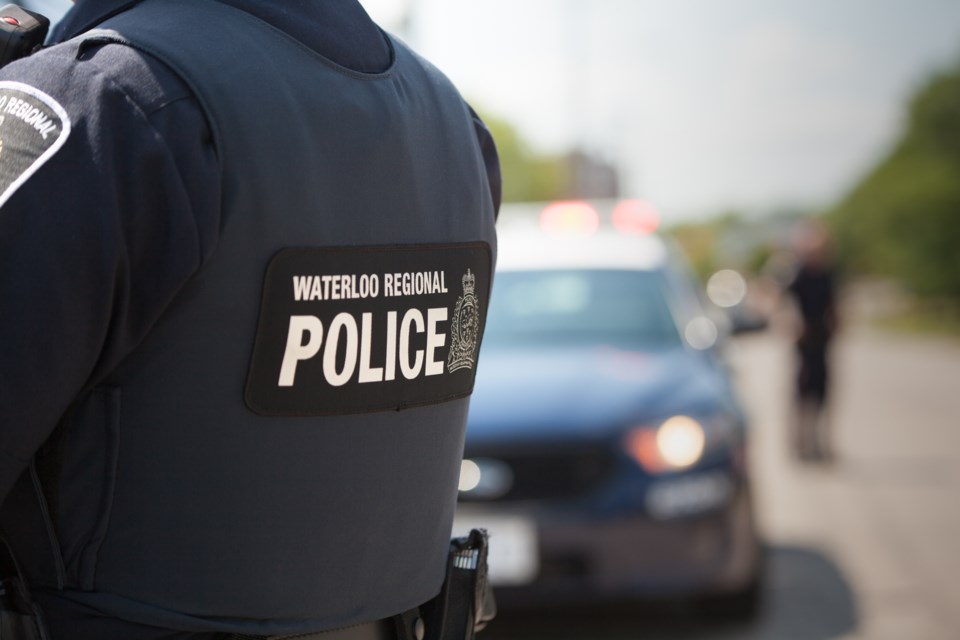Waterloo Regional Police Service is looking to evolve in the way they approach mental health calls and to expand training among officers.
For the last year, WRPS has been partnering with the Canadian Mental Health Association (CMHA) to redirect 911 calls that involve mental health concerns and connect the caller with a trained professional.
“This program sees a CMHA mental health professional embedded at the Cambridge communications centre for the purpose of diverting mental health related calls for service away from a traditional police response,” said WRPS inspector, Beth Houston.
Jeff Stanlick is the director of services for CMHA and said the call redirection program is vital to the community and sets a standard for how police should respond to mental health calls. With this program, they can remove unnecessary police intervention that could make the situation worse and provide a mental health specialist to work with the individual.
Police are looking to expand on this program by adding more CMHA professionals to the call centre to help take over more calls, and to add more members of the Emergency Response Unit and Integrated Mobile Police and Crisis Team (IMPACT).
During the WRPS board meeting on Jan. 18, chief of police, Mark Crowell, said there is a growing need for more mental health support in the community and these needs must be met.
There was an incident in January 2022 in Waterloo, where police were notified about an individual who was threatening to commit suicide. Unfortunately, there were no IMPACT officers available to assist in the call and four uniform police officers showed up at the residence.
The individual leapt through a 17 story window after police knocked on the door, resulting in his death.
“The incident was a grave tragedy, and there was concern that there wasn't any mental health resource available,” said Crowell. “I have to give credit to our frontline members who do incredible crisis negotiation.”
In 2022, IMPACT attended 12.5 per cent of all WRPS suicide calls, 15.6 per cent of mentally ill cases, being dispatched over 1,245 times; an average of 3-4 calls a day according to WRPS data.
Crowell said while they are trying to get more IMPACT officers to attend more calls, over the next few years they propose a plan to hire 55 new officers to bridge the gap and meet the needs of a growing population.
Over the next three years, police will receive over $9.3 million through Community Safety and Policing Grant for the call diversion program and their Community Engagement and Wellbeing Branch.
The expansion of their emergency response officers will give them that negotiating power when on calls and the training of their frontline officers will be key to de-escalation and crisis aversion when mental health professionals are not available.
Officers have already started to receive this training and these practices are principal to a good officer, Crowell said.
In another incident in Cambridge, a man climbed a bridge in downtown Galt and officers were able to talk him off the ledge, back to safety.
“Compared to some of our mental health professionals, social workers, psychologists and so on, we're not the experts, but we actually have the capacity to connect with people in a meaningful and impactful way,” Crowell added.
Cambridge regional councillors Doug Craig and Pam Wolf have been vocal about their support for the new police chief and their updated policies and advancement dealing with mental health.
“I think this is a great program and the public should be aware of what’s happening,” said Craig, who sits on the police board.
The new chief of police is making it a point to address mental health concerns and approach them with compassion and understanding instead of throwing the book at everyone, said Wolf.
“We're committed to innovation, alternative mental health responses to supplement the work that we're already doing,” added Crowell.



